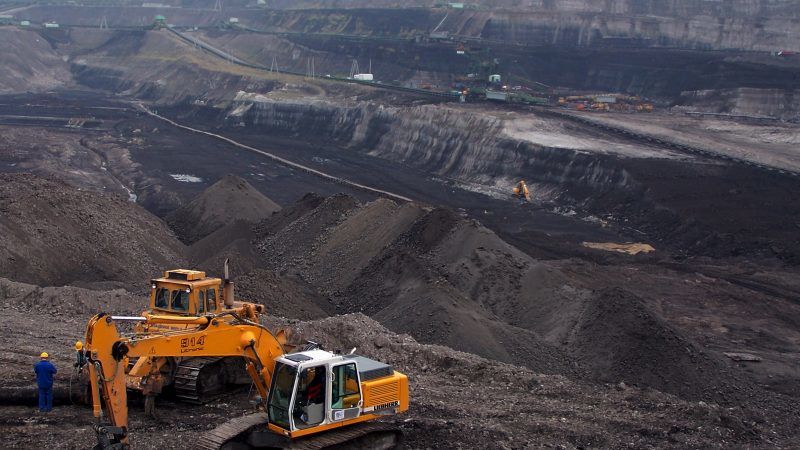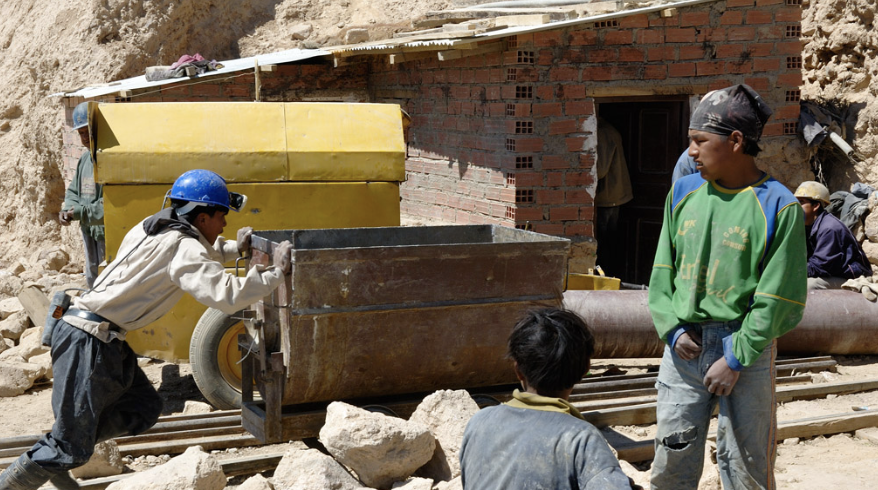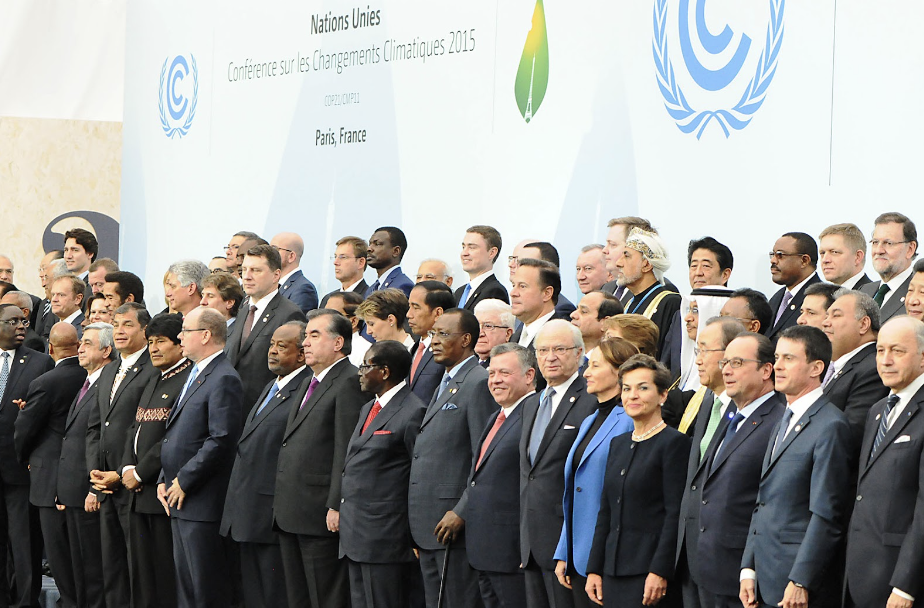Green With Hypocrisy

“When you talk with people, you feel their anger…it is very depressing. People are very upset and distressed.”- Stefanie Siegert
“I still have a reserve of coal briquettes and stacks of dried wood. But this is only temporary. It is not a long-term solution.” - Henry Backhaus
“[It’s] a catastrophe… We really want to protect citizens but… it’s impossible.” - Boris Ravignon
At first, these words may evoke images of battered refugees, huddled masses striving to gain a foothold in a new and unstable reality. Or perhaps they are ripped straight from the frontline, a testament to the disaster and hopelessness war so often brings about. And in a sense they are. These are the exasperated cries of those not able to breathe, struggling as the Russian bear secures his claws ever tighter about the throat of a weakened West. They are the latest movement in the symphony of lamentation brought about by Russia’s war on Ukraine.
These are the words of a German customer support counselor, a German retiree, a French mayor, and countless others across the European Union (EU) in an interview with the New York Times, expressing their pain in the midst of abject energy poverty. This is the result of the EU’s (and more generally) the West’s hypocritical and dangerously naive energy policy.
While one is inclined to weigh such fears against those of the thousands across Ukraine who are living the atrocities of war each day, it is important to also expand one’s analysis to include the many peripheral victims of this conflict. Especially since the unique and largely self-inflicted nature of the energy crisis unfolding across Europe is twofold, consisting in equal parts of a lack of infrastructure and blatant hypocrisy.
Image Credit: Flickr.com
Infrastructure
The simple truth is that the world does not yet have the infrastructure in place to support many of these climate goals set forth by the EU. Globally, we are not in a position to excise fossil fuels from the equation to such an extent. According to a report published by the UN, “Fossil fuels comprise 80% of current global primary energy demand… renewables cannot be used uniformly across the energy system to replace the use of fossil fuels today, mostly because of the variance in the ability of different energy sub-sectors to switch from fossil fuels to renewables [and] alternative technologies that can replace current production techniques are not yet available at the scale needed.”
A fact millions across the EU have been made keenly aware of as both the war in Ukraine and Russia’s retaliation against the embattled state’s allies continue to escalate. Yet the lingering question is why? Why would Russia identify energy production as NATO’s soft underbelly? It is a question not only of a pervasive disregard for reality, but also one of vanity.
Hypocrisy
Leaders across the EU are far from foolish, they fully grasp the realities detailed above. Yet, they continue to pride themselves on their commitment to renewable energy while simultaneously supplementing the drastic energy deficits their impractical policies produce with massive amounts of fossil fuels from nations less willing or able to abide by such scruples.
For example, Germany alone imports approximately 55% of its annual oil needs from Russia, while the EU relies on Russia for over 40% of its total oil imports according to a 2022 report from Reuters. This would not be a problem if the EU could rely on renewables as the bulk of its yearly energy supply. However, the fact remains that as of 2020, renewables only make up 22.1% of Europe’s total energy, leaving the EU dependent on other nations for the rest.
And here we see the hypocrisy of EU energy policy on full display. Because while they continue to pump in millions upon millions of fossil fuels from abroad, they are busy simultaneously condemning many of their own suppliers on the world stage. In fact, according to Reuters, the EU has already imported over 7.9 million metric tons of coal from nations such as Colombia (1.2 million tonnes), South Africa (854,00 tonnes), Indonesia, Mozambique, Namibia, and Nigeria in this past year alone.
Image Credit: Christophe Meneboeuf
However, this has not prevented many European states from criticizing these same nations for producing the very resources they are so readily snapping up for themselves. Organizations such as Ember, a leading UK climate think tank and policy developer, consistently take developing nations of the "global south" to task over their inability to meet the same climate standards of the rest of the developed world. This is yet another example of these nations ignoring reality when it comes to the truth of energy production.
As the UN itself highlights, “ignoring the role of fossil fuels will have a negative effect. Many developing countries have large untapped fossil fuel resources that they intend to use to develop their respective economies. Insisting that they incur significant costs and forego the use of these resources in favor of renewables is likely to create unneeded tensions…Rather than a ‘non-fossil’ only agenda, a more pragmatic approach that encourages all to use the broad range of resources available to them will create a more balanced approach.”
So why, given the realities of the situation, would the EU member states and their allies (including the US) go to such lengths to distance themselves from these other nations, publicly condemning them while elbow-deep in the cookie jar themselves?
On the one hand, many of these policies are the result of EU leaders' desire to improve the environment and hedge against climate change. Yet, it also seems to be a reaction to the cries of many fringe activists who have pushed many leaders from a place of informed and rational climate protection into an abyss of blind adherence.
Image Credit: Julien Faway/ flickr.com
There is a strict code of conduct, an infallible dogma which leaves little room for the existence of these two congruent truths when it comes to energy production and the larger discussion about the climate in general. The first, that there are some very effective ways we can work to decrease our overall emissions/carbon footprint. The second, that such steps must be taken in accordance with the reality of our global situation. As Germany’s environmentalist economics minister, Robert Habeck detailed in July of 2022, “If you pose in front of melting icebergs… but forget that you need to build up an infrastructure for that to work, if you make climate policy decisions but don’t back them up with measures, then it’s like leaving Germany standing in the rain.” Sentiments that now ring all too poignantly in the ears of millions, as the war in Ukraine has visited upon them the full reality of hypocritical energy policy driven by the vision of Greta Thunberg and the like, whose policy preferences are about as realistic as an IKEA meatball.
Indeed, one of the starkest realities that has been thrust to the forefront as of late, is that while a world increasingly less reliant on fossil fuels may be a noble goal, it is an end that must be pursued by rational means.
The inescapable truth is that those of us here in Europe and many others across the globe, are set to feel the bone chilling consequences that years of energy hypocrisy and delusional policy are set to bring down upon us, and it is going to take a lot more than the hot air spouted by a Swedish teen and many others to keep us warm this winter as we reckon with this frostbite of reality.










